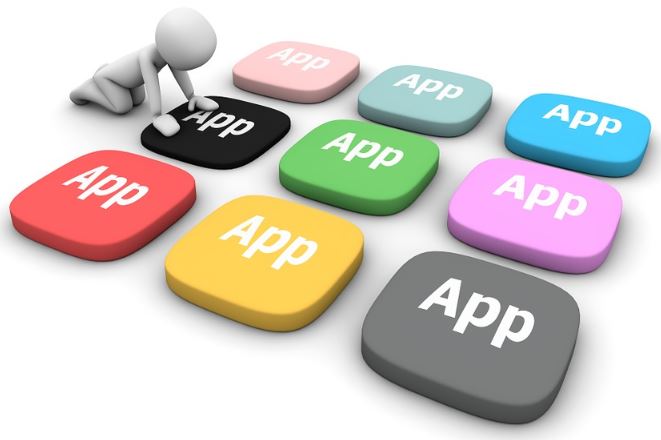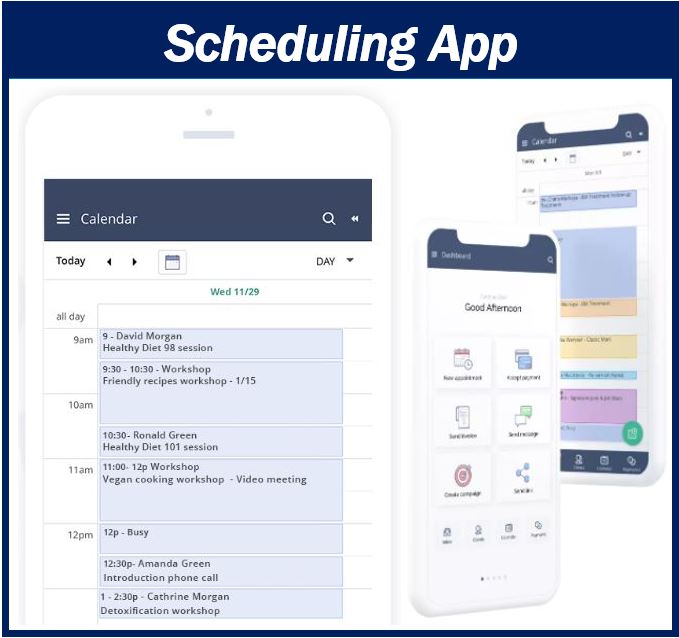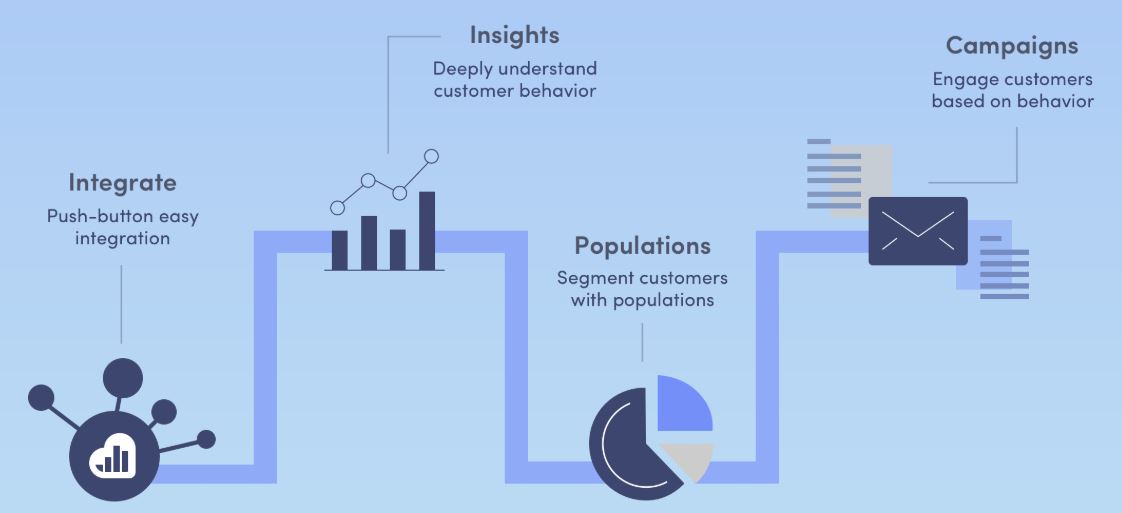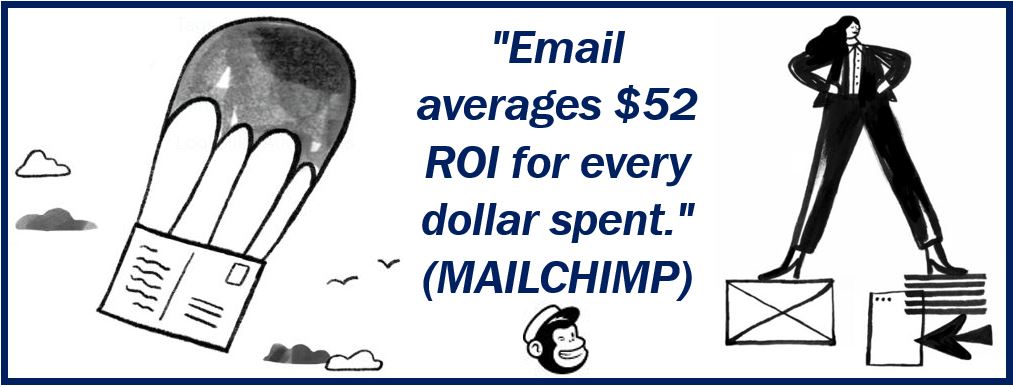A carefully-chosen tech stack is an invaluable small business asset. The right combination of software can boost efficiency, save time, increase employee productivity, limit wasted resources, and more.
 Yet many SMBs (small and medium-sized businesses) ignore their tech stacks. Instead, they rely on outdated legacy systems. One reason for this is that managers and business owners feel they lack the necessary time and expertise to understand and implement new software properly.
Yet many SMBs (small and medium-sized businesses) ignore their tech stacks. Instead, they rely on outdated legacy systems. One reason for this is that managers and business owners feel they lack the necessary time and expertise to understand and implement new software properly.
But this is a colossal mistake. One that needlessly hurts sales and revenue. The reality is that most small business apps are intuitive, easy to integrate into existing tech, and (crucially) inexpensive.
In this post, we’re going to look at ten essential app “categories” that should be included in your tech stack, along with specific suggestions for each one.
1. Storage
Cloud storage is a must for small business owners. Most computer-based tasks take place in the cloud nowadays. And even if you run a largely manual business, you’ll still have to deal with electronic contracts, invoices, legal documents, etc.
Our recommendation: Google Drive Enterprise is the best and most widely-used cloud storage option for small businesses.
2. Marketing Automation
Marketing automation is one of the big trends in 2020. New automation tech is expected to shape the small business landscape for many years to come, especially as AI improves. Straightforward SaaS (software-as-a-service) solutions now provide access to features that were previously only available to large enterprises.
Our recommendation: Marketo, which is owned by Adobe, has an exceptional set of automation capabilities, covering everything from email marketing to lead management.
3. Appointment Scheduling

Appointment scheduling apps reduce the burden on small businesses by streamlining an essential everyday task. These apps enable customers to book slots themselves and also take care of reminders, payments, and re-scheduling.
Our recommendation: vCita’s appointment scheduling app is one of the best in the industry. It comes with a full package of features and is mobile compatible.
4. Surveys
Despite the prevalence of advanced analytics tools, good old fashioned surveys are still one of the most effective ways to conduct market research. What’s more, survey software is incredibly easy to use and often comes with its own set of analytics tools for evaluating results.
Our recommendation: SurveyMonkey is a streamlined survey platform with a solid free option. If you want to go deeper, you can take advantage of a range of response analysis tools on the paid plans.
5. Accounting
Well-chosen accounting software cuts down significantly on the time employees spend on manual accounts entry and routine bookkeeping tasks. Because accounting platforms integrate with other apps in your tech stack, entries are usually made automatically. Secondary features, like automated invoicing, are also useful.
Our recommendations: QuickBooks is an intuitive solution with an extensive library of third-party integrations.
6. Website Analytics

Online data is like gold dust for small businesses. Information about customer behaviour is used to inform marketing and sales decisions, improve satisfaction, and boost loyalty. Website analytics platforms do the hard work of interpreting data and generating practical insights for SMBs.
Our recommendation: It’s hard to beat Google Analytics when it comes to collecting and organizing data from your website. For small businesses, Kissmetrics is an excellent additional platform (that works in conjunction with GA).
7. Project Management
Project management tools streamline employee workflows in two important ways. Firstly, they improve collaboration and unity of purpose by centralizing all communication, goals, and progress tracking on one platform. Second, automated features like deadline reminders and approval notifications keep the whole team updated.
Our recommendation: Basecamp’s project management platform is one of the most intuitive and accessible that we’ve come across.
8. Document Creation and eSigning
Small businesses have to deal with a wide range of documents, including contracts, proposals, and invoices. Document management platforms enable SMBs to quickly create documents from templates, track them once they’re sent, and collect electronic signatures and payment without the hassle of traditional hand-signing and manual transfers.
Our recommendation: PandaDoc is a comprehensive document management and tracking platform. It includes electronic signature features, embeddable payment options, and an existing template library.
9. Email Tracking and Marketing

Email has consistently maintained one of the highest ROIs of any marketing strategy. Some SMBs even rely exclusively on their mailing list to build customer loyalty. Email marketing platforms provide an array of features, from customizable templates to referral tools, that enable small business owners to leverage their mailing lists fully.
Our recommendation: It’s hard to beat MailChimp when it comes to email marketing apps. A “forever free” plan is available.
10. POS (Point of Sale) and Payments
Friction during the payment process is one of the biggest causes of lost revenue. Small business owners can easily overcome this issue by opting for a payment provider (including a point-of-sale solution) that takes the hassle out of the customer checkout process.
Our recommendation: Stripe is one of the most trusted solutions on the market. Businesses can accept payments via their website, mobile phone, through embeddable invoice buttons, and with a card terminal. Stripe also offers a suite of tools for tracking payments, managing subscriptions, integrating with other apps, and more.
Conclusion
Apps will continue to improve and evolve going into 2020. And businesses that are willing to refine their tech stack will gain a key competitive advantage.
If you’re a small business owner, don’t skimp when it comes to selecting the best apps. Over time, you’ll drive far greater efficiency and revenue gains than if you had stuck with outdated software.
__________________________________________________________
Interesting related article: “What is Digital Marketing?“

